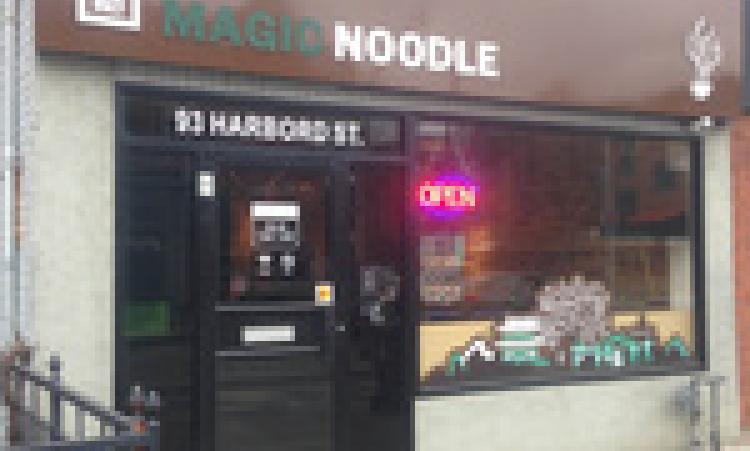Magic Noodle
In AD 1368, emperor Yuanzhang Zhu unified China and established the Ming Dynasty. Ever since the Liao and Jin dynasties, hundreds of years at war have left China’s vast Northern lands deserted. As a result, emperor Zhu had no choice but to migrate civilians from the war-free Jinnan plain to the north in order to restore the vitality of the Chinese emperor.On the side of the Guangji temple in Hongdong county of Shanxi province, sits an ancient locust tree planted in the Han Dynasty. For thousands of years, this place has been the resting spot for passersby from both north and south. Those that were forced to migrate gathered beneath this ancient locust tree before parting ways. And a bowl of hot noodle became their everlasting memories of the place they called home.They went on, taking with them memories of that bowl of noodles, as well as Shanxi’s noodle culture, and brought it to every corner of China. Amongst them was a branch that headed westward and settled in the Northwest end of China - Lanzhou.In Lanzhou, they settled, lived and multiplied. They also brought with them the taste, and memories of that last bowl of hot noodles from home.Now, in Canada, the descendants of previous immigrants gathered. They share the same accent and enjoy the same aroma of the noodles. At home, the ancient locust tree stands still, for it is their root no matter where they go.
Hours:
Mon: 11am - 11pm
Tue: 11am - 11pm
Wed:11am - 11pm
Thu: 11am - 11pm
Fri: 11am - 11pm
Sat: 11am - 11pm
Sun: 11am - 11pm

